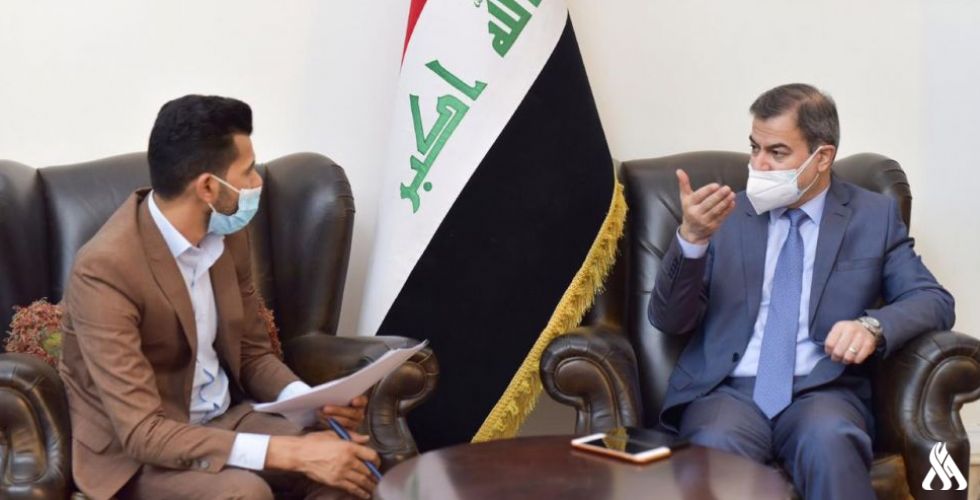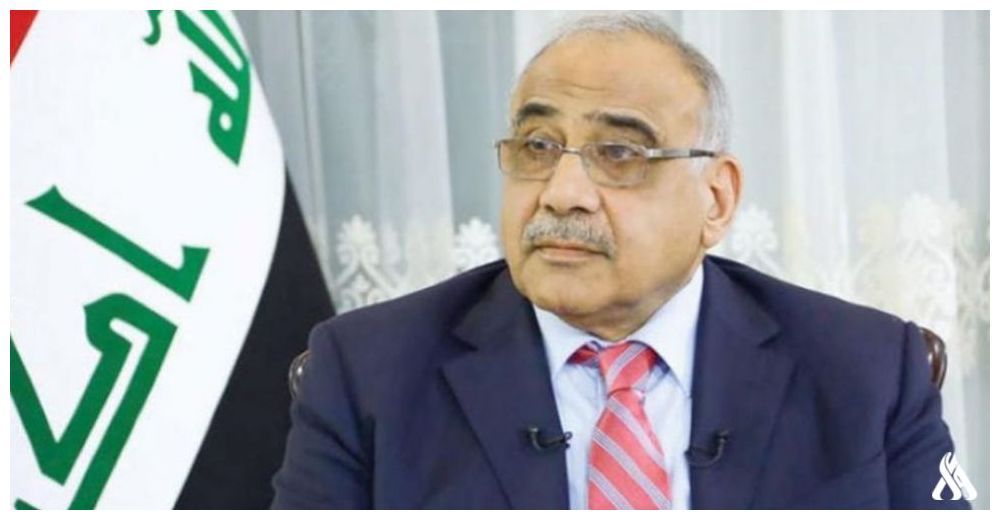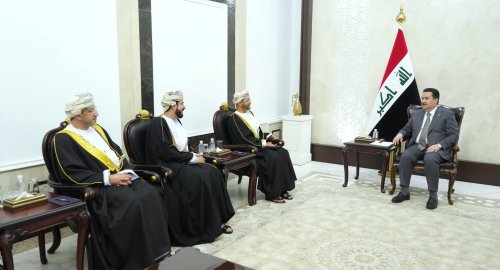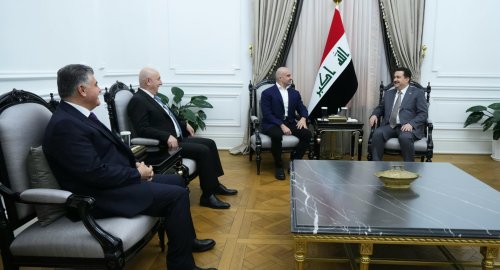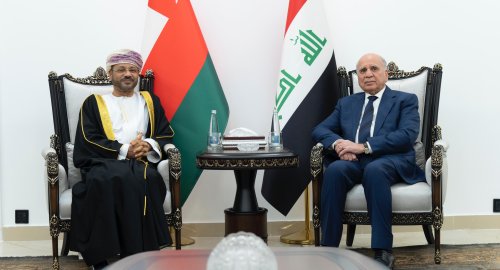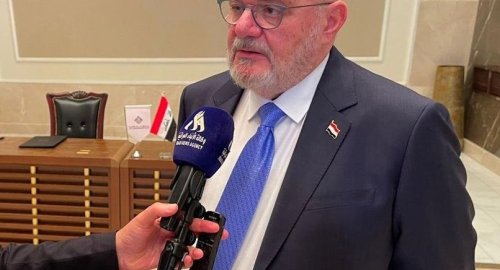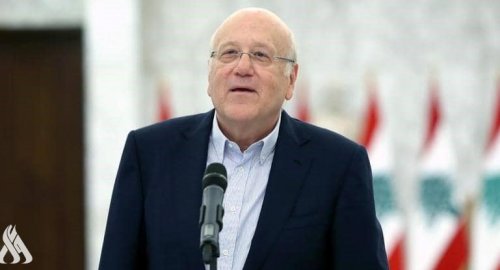
The new Lebanese government holds its first meeting today

- 13-09-2021, 12:05
The new Lebanese government, which was formed after 13 months of vacuum, headed by Najib Mikati, announced today, Monday, the holding of its first meeting, while difficult tasks await it amid an unprecedented economic crisis that has continued in the country for two years
The session will be held at 11:00 (8:00 GMT) at the presidential palace in Baabda, in the presence of President Michel Aoun.
Mikati and Aoun, according to the National News Agency, will deliver a speech at the beginning of the session, before the government agrees to form a committee tasked with drafting the ministerial statement, which will be presented later to the Parliament during the voting session to give confidence to the new government.
The forming of the government on Friday came 13 months after the resignation of Hassan Diab's government following the horrific explosion of the port of Beirut on August 4, 2020. Two previous attempts to form it failed due to sharp differences between the political parties.
Difficult tasks await the Mikati government, which will not be able to provide "magical" solutions to end the daily suffering of the Lebanese as a result of the repercussions of an economic collapse that the World Bank has ranked among the worst in the world since 1850.
The new government has the responsibility to quickly reach an agreement with the International Monetary Fund as a first step to get Lebanon out of its crisis, which is characterized by a lack of liquidity and a severe shortage of fuel and electricity, which affects all aspects of life. It also has to prepare for the parliamentary elections set for May.
The Ministry of Finance announced today, Monday, that Lebanon has informed the International Monetary Fund that it will receive on the 16th of this month about one billion and 135 million US dollars in exchange for special drawing rights, to be deposited in the account of Banque du liban, which warns of the depletion of its dollar reserves.
The International Monetary Fund agreed last month to grant its member countries special drawing rights in proportion to their share, which will allow increasing aid to the most vulnerable countries, with the aim of supporting the global economy that has been exhausted by the outbreak of the Covid-19 epidemic.
Months ago, the Lebanese authorities began to gradually lift subsidies on major commodities, most notably flour, fuel and medicine. However, this did not alleviate a severe fuel crisis in the country, and residents are still waiting in queues for long hours to fill their cars with gasoline.
Because of the fuel crisis, the ability of the Electricité du Liban to provide electricity has gradually declined over the past months, which led to the increase in rationing hours to exceed 22 hours per day. Private generators are no longer able to provide the diesel needed to cover the hours of power outages.
First joint picture of Greenland Ice Sheet melting, ESA
- Multimedia
- 09:28
US Central Command: We killed ISIS terrorist leader Abu Yusuf in Syria
- International
- 24/12/20
Liverpool compete with Real Madrid to sign Olympique Lyonnais star
- Security
- 24/12/19
ISC, ADX discuss Strengthening Economic Ties
- Economy
- 24/12/16
Iraq assumes presidency of Arab Investment Company’s Executive Board
- Economy
- 24/12/17
